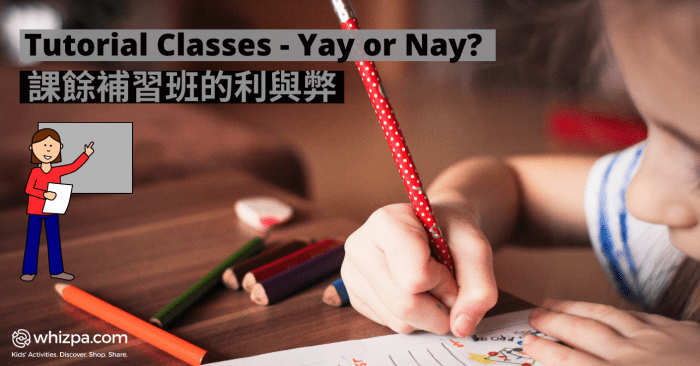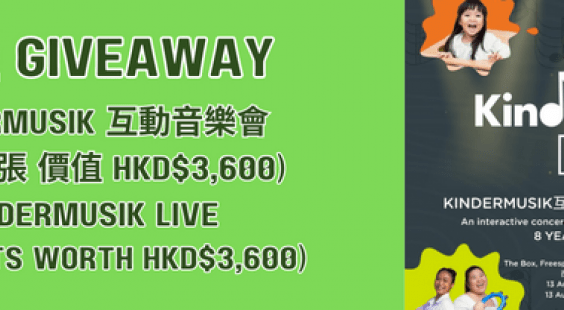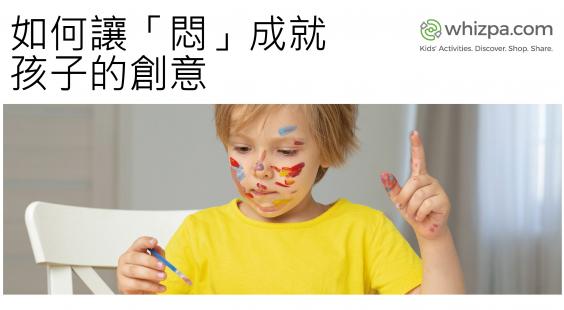
Tutorial Classes - Yay or Nay?
The culture of private tutoring is pretty rampant in Asian countries such as Hong Kong, Korea, Japan, and China. In Hong Kong, you would have witnessed scores of students making beelines for private tutorial centers after school hours. Our kids have less time to be on the playground, as they are expected to fine-tune their Math, English, or other academic abilities huddled in private classrooms.
It is not new knowledge that grades don’t necessarily reflect a child’s intelligence and ability to succeed, but unfortunately, they are deemed essential and can affect students’ future school/college choices and outcomes. The shadow education industry i.e private tutors understand this need well and know how to deliver.
The Western countries seem to have adapted a slightly relaxed approach in comparison to the East. They also have a fair bit of shadow education post-school hours, but it is primarily to help the students who either are a bit behind in the learning curve or those who want to excel in a particular subject. While tutoring is more of a peer-driven phenomenon in Asian countries, it is understood to be more of a need-driven concept in Western countries.
Let’s look at some of the advantages and disadvantages of enrolling kids for supplementary classes:
Positives of Tuitions/Coaching Lessons
-
Offer Focused Attention - Private tutorial centers usually keep the class sizes small. It is therefore easy for them to assess each kid’s learning ability and needs which further allows them to set the right pace to achieve desired results. Also, because of the small size of the class, there are fewer distractions and students are able to completely focus on the study materials.
-
Enable Better Understanding of Subject Matter - Working one-on-one or in a small group setting with private tutors can enable students to establish a solid understanding of subject matter. If the child is lagging behind peers in school, he/she can catch up and grasp the subject better in a private session.
-
Improve Confidence Levels - Given that students understand the subject better with the help of focused attention in private classes, this in turn can help them become more active and participative in school, thereby proving beneficial for their self-esteem and confidence.
-
Provide Practical Applications of Knowledge - Some professional tutors promise tailoring sessions to suit each student’s needs and can go above and beyond the stated syllabus to increase the children’s interest in the subject. They can also show kids ways of applying their newly learned knowledge in real life.
Negatives of Tuitions/Coaching Lessons
-
Can be Expensive - There are plenty of tutors out in the market that teach students at reasonable rates. Some of them might be under-qualified or inexperienced and hence the low fee charges. It’s been observed that the more experienced and high-quality tutors are usually quite costly, and therefore, unaffordable for most families.
-
Harsh on Kids’ Physical, Emotional, and Mental Health - Going for tutorial lessons can be taxing for kids. It is often observed that the lessons happen after school hours. Kids might have to forgo participating in extracurricular activities, playing with their friends, spending time with family, or simply rest. The less time kids spend playing and mingling with their peers in social set-ups, the less opportunities they have to hone their life skills, including but not limited to negotiation ability, listening skills, empathy, compassion, problem-solving, among others.
-
Might Promote Complacency - There is a tendency in students to become lax in school knowing that they will cover the material anyway in their tutorial lesson. They may also not want to work out academic problems by themselves at home as they know the private tutor will help them anyway. This can prove counter-productive. It can promote lethargy and complacency among kids.
-
May Cause a Feeling of Inequality - As per a research study, a Boston-area elementary school principal suggests that the rise of private tutoring has contributed to emotional problems in kids. Students who go for private tuitions “make other kids feel bad, because they’re brighter, more capable, and they do more, and they can do it faster,”
-
Peer Pressure - Research indicates that a lot of families feel pressured to ensure their kids learn enough to be above their grade level and ranked at top of their classes. Because of this pressure, parents are starting to enroll kids in supplementary classes at much younger ages than necessary. There are plenty of instances where elementary school children have been enrolled in tutorial classes, simply to “keep up” with peers who do.
So all in all, yes tutoring is a wise call if you feel your kid is falling behind in a subject. It is also reasonable to go for tutoring if you want to ace some standardized exams or appear for new school or college interviews. There’s a high chance your kid will get better scores than what he/she would get otherwise as these private classes really invest in the academic success of their students.
It is, however, not advisable to send your kids for tutorial lessons just because your kids’ friends are going for a class. There is no point in succumbing to peer pressure. It might be better to study at home, especially if they are doing well in school. Good exam results are not the only thing that counts. Some schools or colleges may even reject ace graders if they don’t have anything else on their applications except good grades. The same holds true for employers as well. Organizations these days are looking less for people who can cram lessons and get good grades. They are looking for people who are proactive, have the necessary social skills, and are able to think for themselves.
So we need to ask ourselves, are we preparing our kids to simply focus on high grades, or are we making sure that in addition to high grades, they are shaping up to become socially-responsible future citizens and are equipped to handle failure.
Do let us know what your thoughts are about the culture of tutoring.








